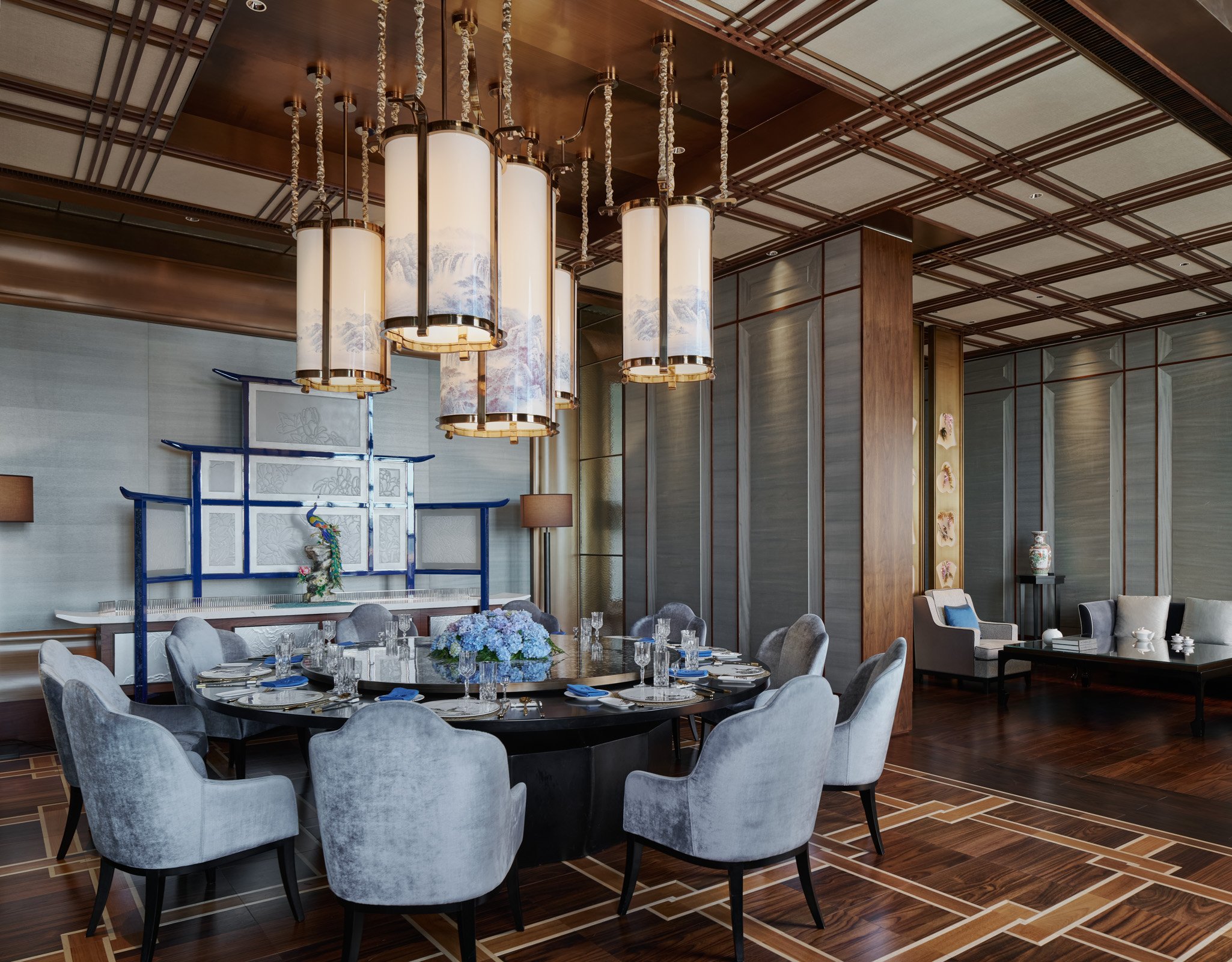
Tanjia Restaurant was created by a local official Tan Zongjun in the late Qing Dynasty . It is a fusion of Cantonese styles using Northern Chinese ingredients particularly dried seafood to create a style and taste like no other. Situated on the seventh floor of Beijing Hotel, the restaurant was renovated by Hong Kong-based luxury design expert, ab concept.
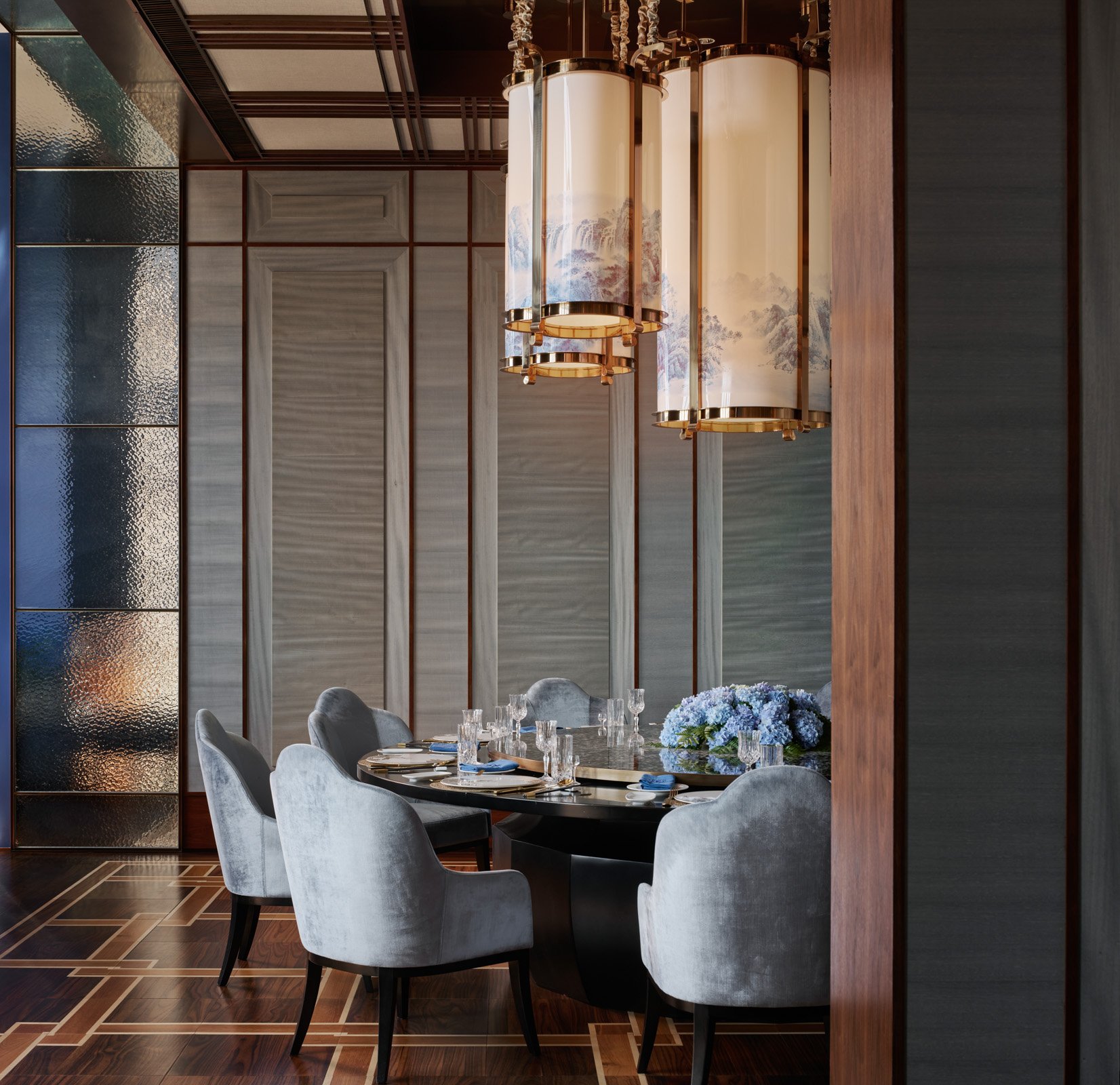
Tanjia Restaurant was created by a local official Tan Zongjun in the late Qing Dynasty . It is a fusion of Cantonese styles using Northern Chinese ingredients particularly dried seafood to create a style and taste like no other. Situated on the seventh floor of Beijing Hotel, the restaurant was renovated by Hong Kong-based luxury design expert, ab concept.
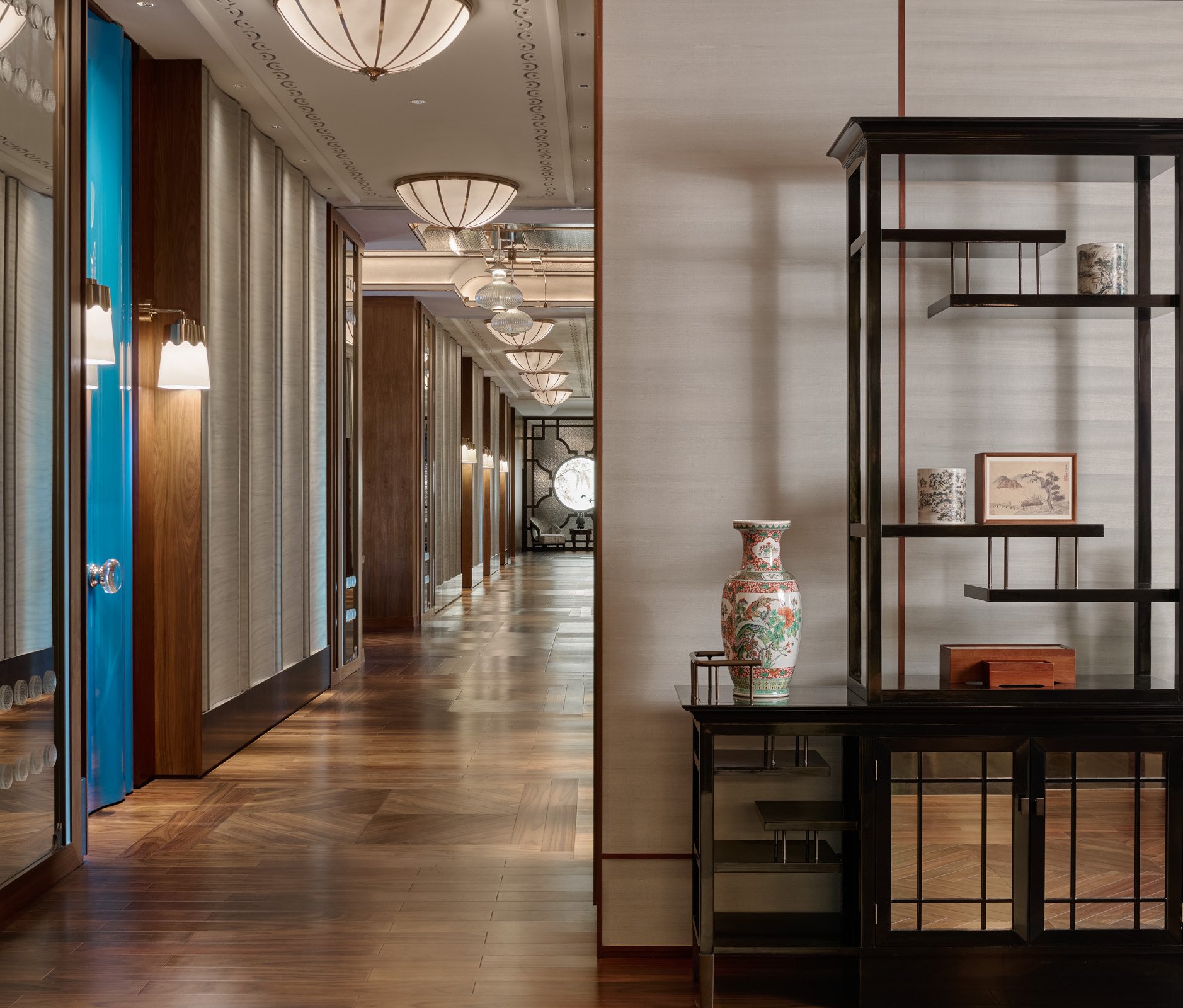
Tanjia Restaurant was created by a local official Tan Zongjun in the late Qing Dynasty . It is a fusion of Cantonese styles using Northern Chinese ingredients particularly dried seafood to create a style and taste like no other. Situated on the seventh floor of Beijing Hotel, the restaurant was renovated by Hong Kong-based luxury design expert, ab concept.
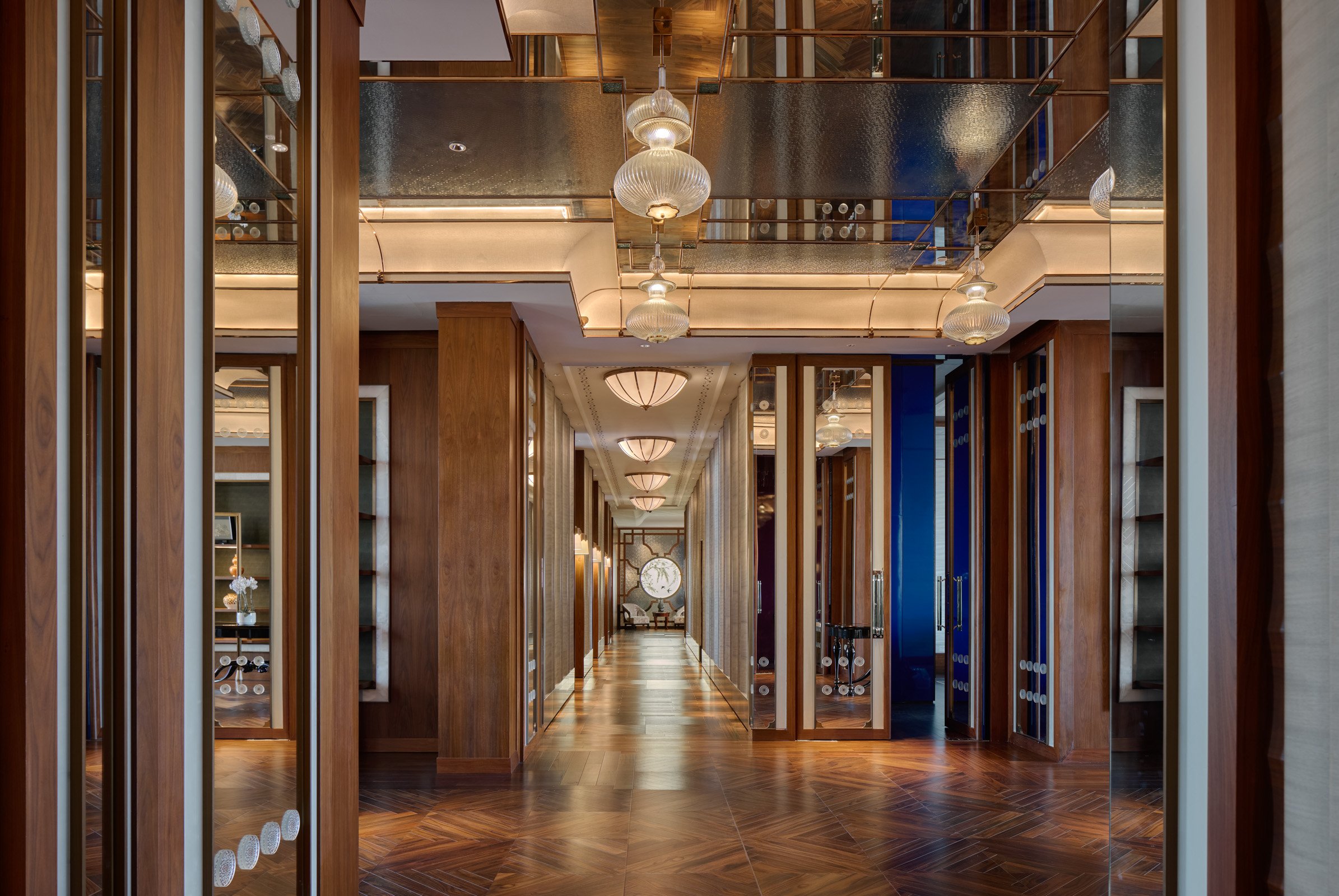
Tanjia Restaurant was created by a local official Tan Zongjun in the late Qing Dynasty . It is a fusion of Cantonese styles using Northern Chinese ingredients particularly dried seafood to create a style and taste like no other. Situated on the seventh floor of Beijing Hotel, the restaurant was renovated by Hong Kong-based luxury design expert, ab concept.
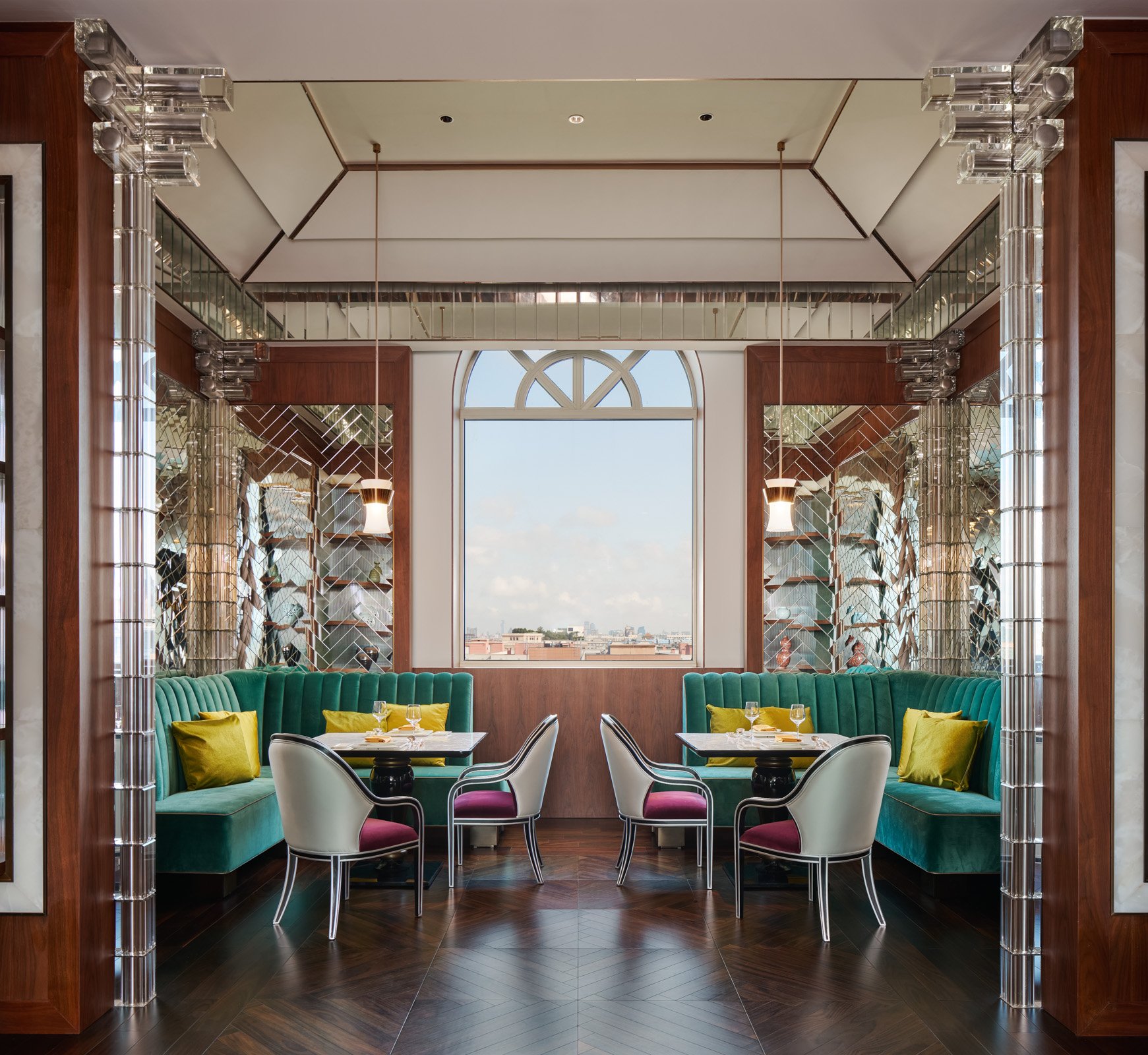
Tanjia Restaurant was created by a local official Tan Zongjun in the late Qing Dynasty . It is a fusion of Cantonese styles using Northern Chinese ingredients particularly dried seafood to create a style and taste like no other. Situated on the seventh floor of Beijing Hotel, the restaurant was renovated by Hong Kong-based luxury design expert, ab concept.
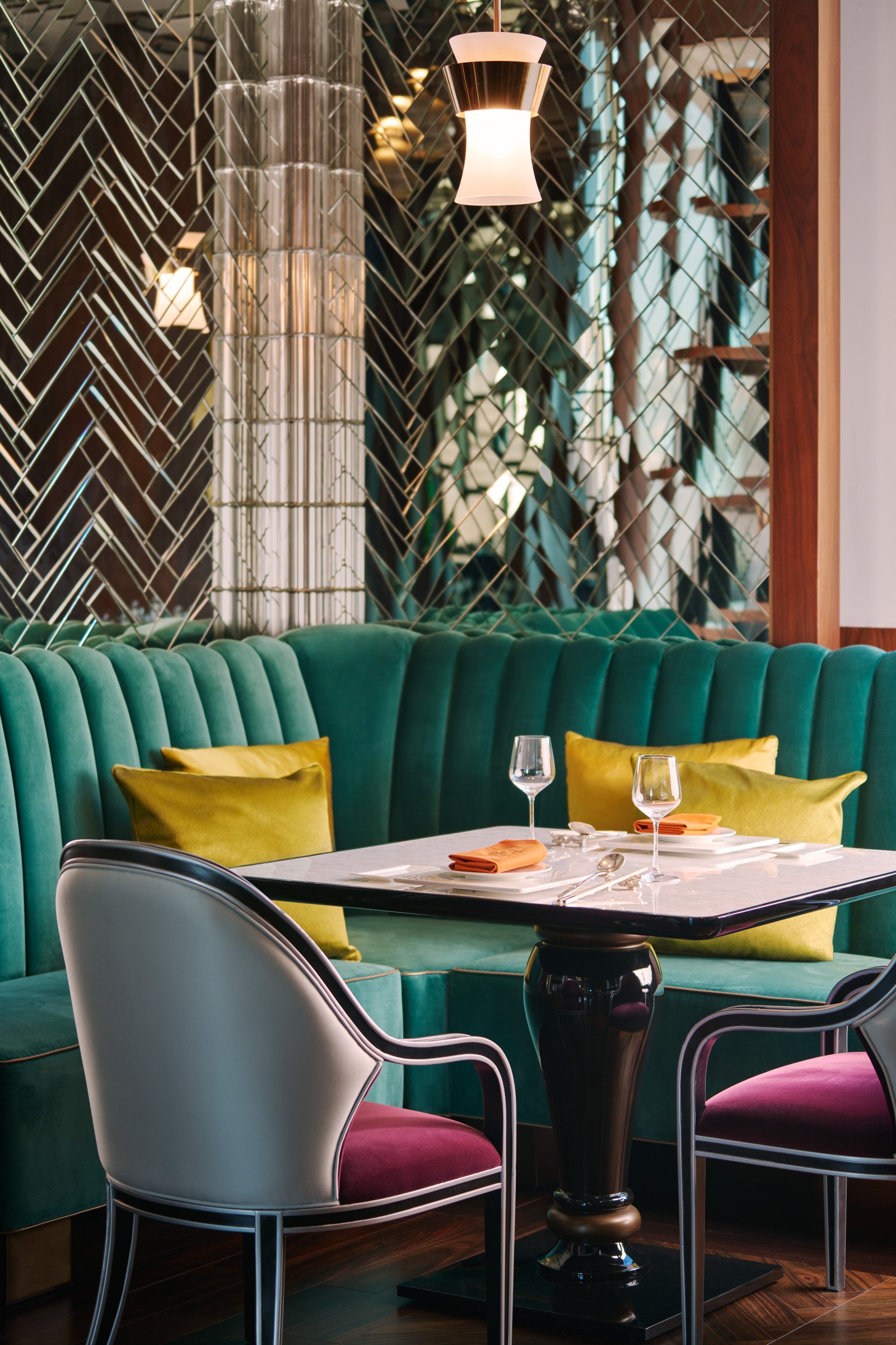
Tanjia Restaurant was created by a local official Tan Zongjun in the late Qing Dynasty . It is a fusion of Cantonese styles using Northern Chinese ingredients particularly dried seafood to create a style and taste like no other. Situated on the seventh floor of Beijing Hotel, the restaurant was renovated by Hong Kong-based luxury design expert, ab concept.
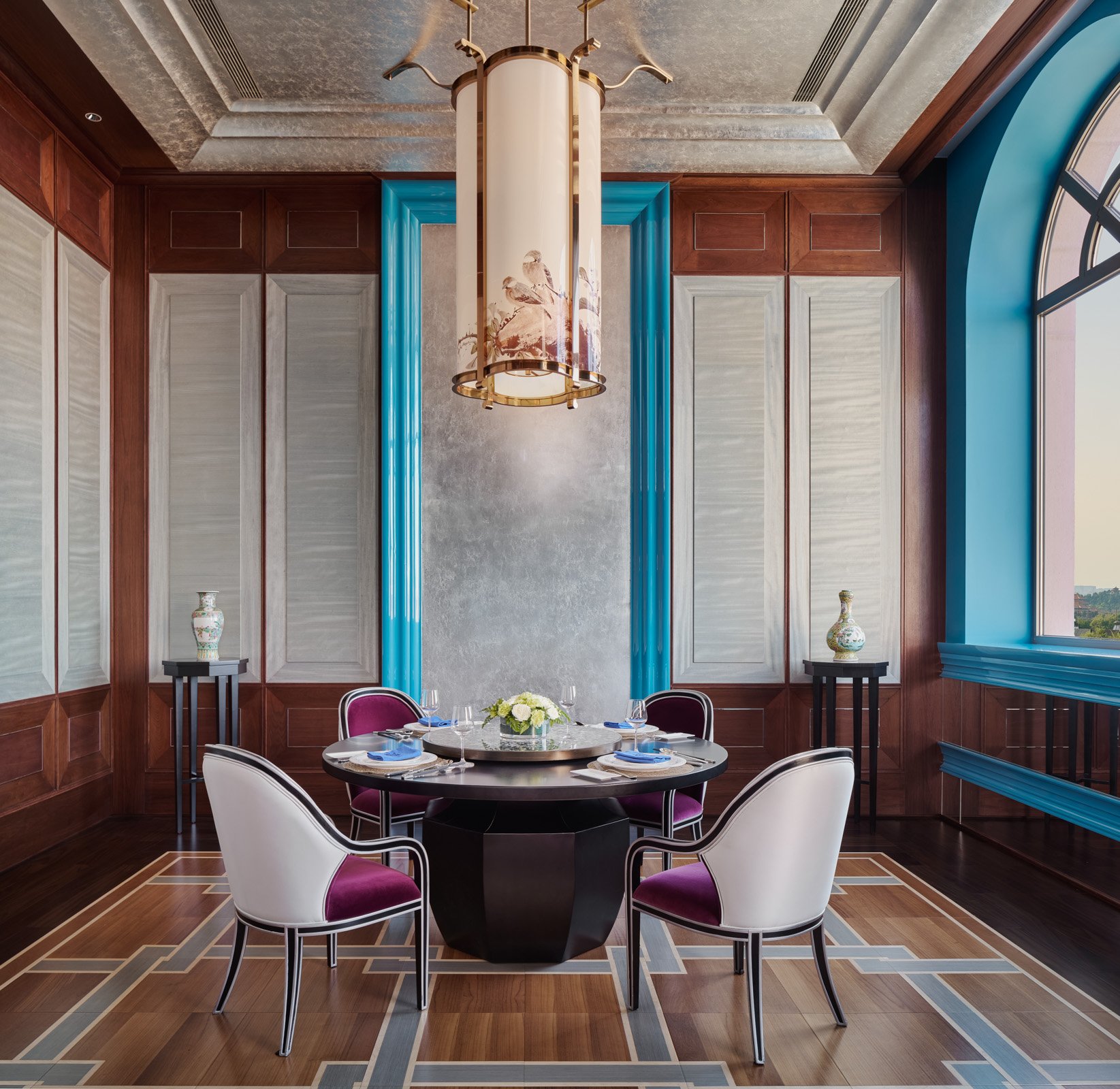
Tanjia Restaurant was created by a local official Tan Zongjun in the late Qing Dynasty . It is a fusion of Cantonese styles using Northern Chinese ingredients particularly dried seafood to create a style and taste like no other. Situated on the seventh floor of Beijing Hotel, the restaurant was renovated by Hong Kong-based luxury design expert, ab concept.
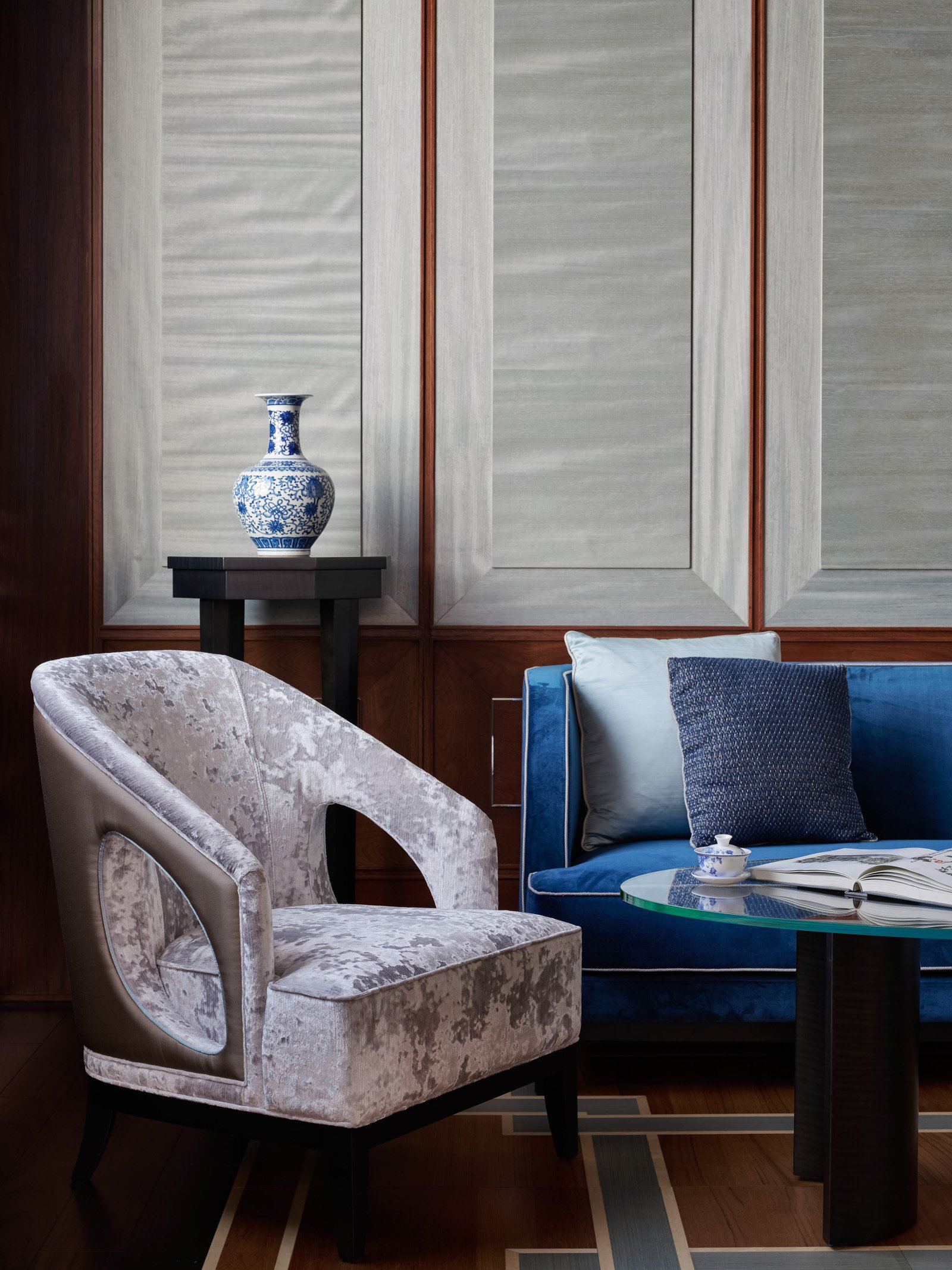
Tanjia Restaurant was created by a local official Tan Zongjun in the late Qing Dynasty . It is a fusion of Cantonese styles using Northern Chinese ingredients particularly dried seafood to create a style and taste like no other. Situated on the seventh floor of Beijing Hotel, the restaurant was renovated by Hong Kong-based luxury design expert, ab concept.
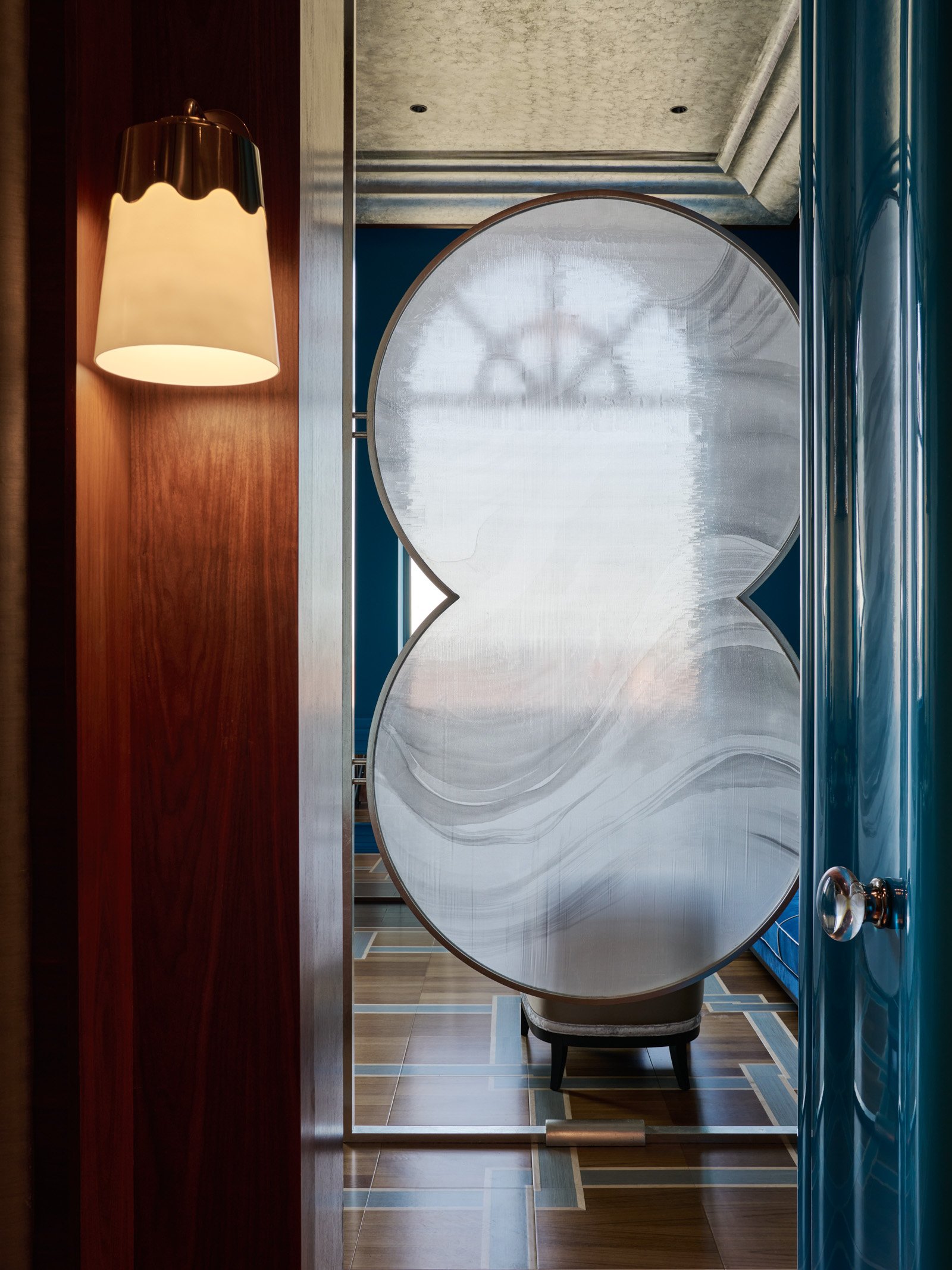
Tanjia Restaurant was created by a local official Tan Zongjun in the late Qing Dynasty . It is a fusion of Cantonese styles using Northern Chinese ingredients particularly dried seafood to create a style and taste like no other. Situated on the seventh floor of Beijing Hotel, the restaurant was renovated by Hong Kong-based luxury design expert, ab concept.
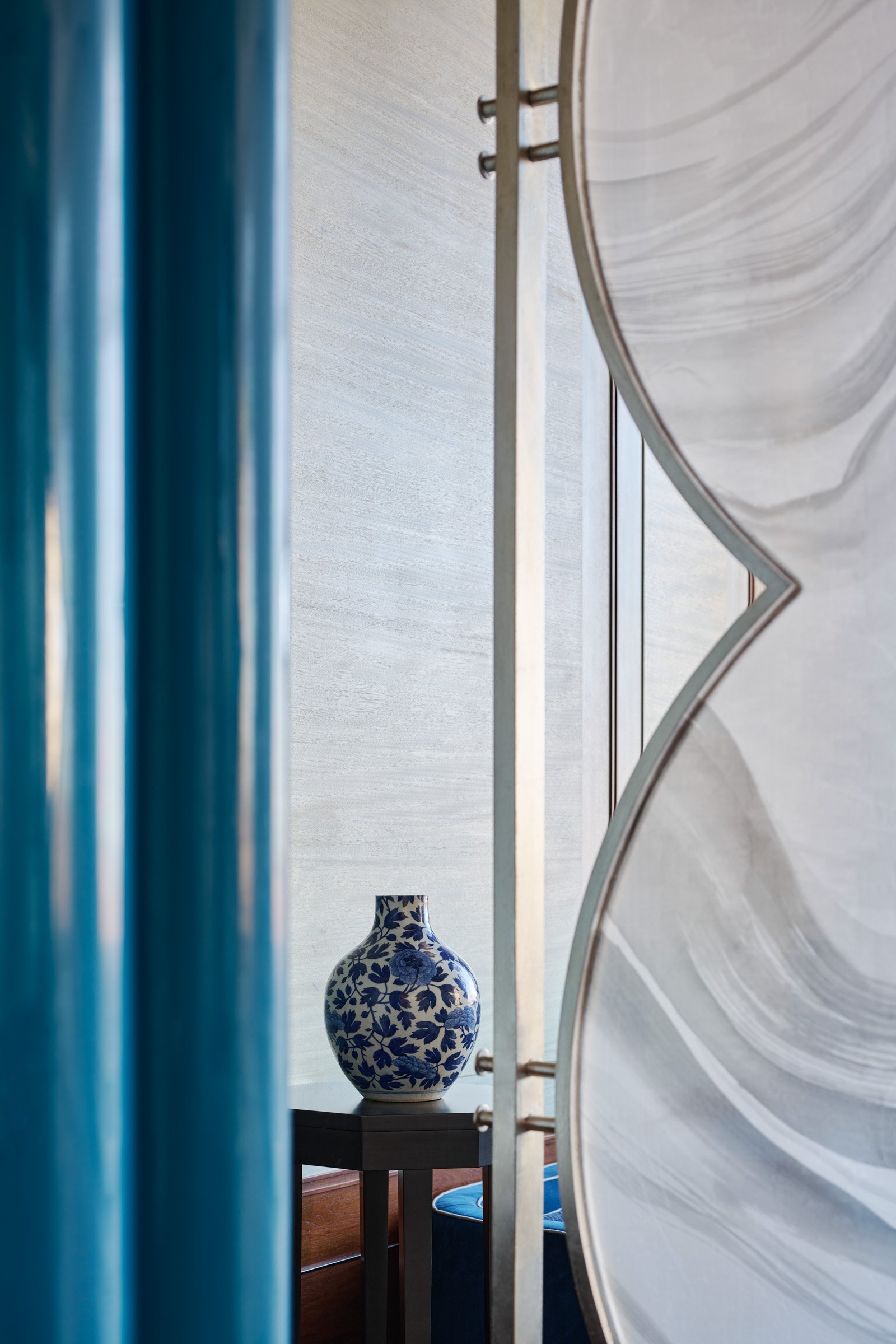
Tanjia Restaurant was created by a local official Tan Zongjun in the late Qing Dynasty . It is a fusion of Cantonese styles using Northern Chinese ingredients particularly dried seafood to create a style and taste like no other. Situated on the seventh floor of Beijing Hotel, the restaurant was renovated by Hong Kong-based luxury design expert, ab concept.
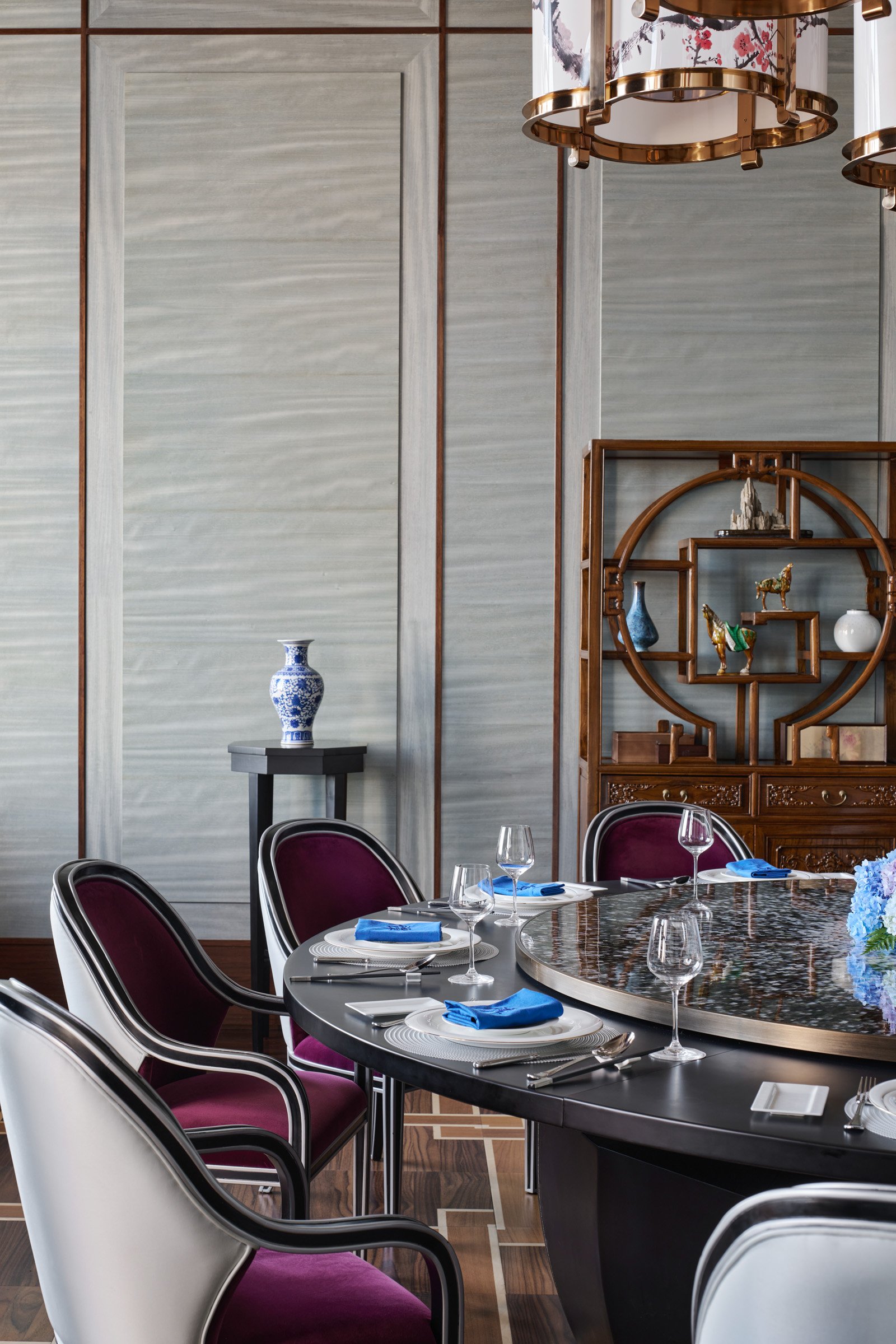
Tanjia Restaurant was created by a local official Tan Zongjun in the late Qing Dynasty . It is a fusion of Cantonese styles using Northern Chinese ingredients particularly dried seafood to create a style and taste like no other. Situated on the seventh floor of Beijing Hotel, the restaurant was renovated by Hong Kong-based luxury design expert, ab concept.
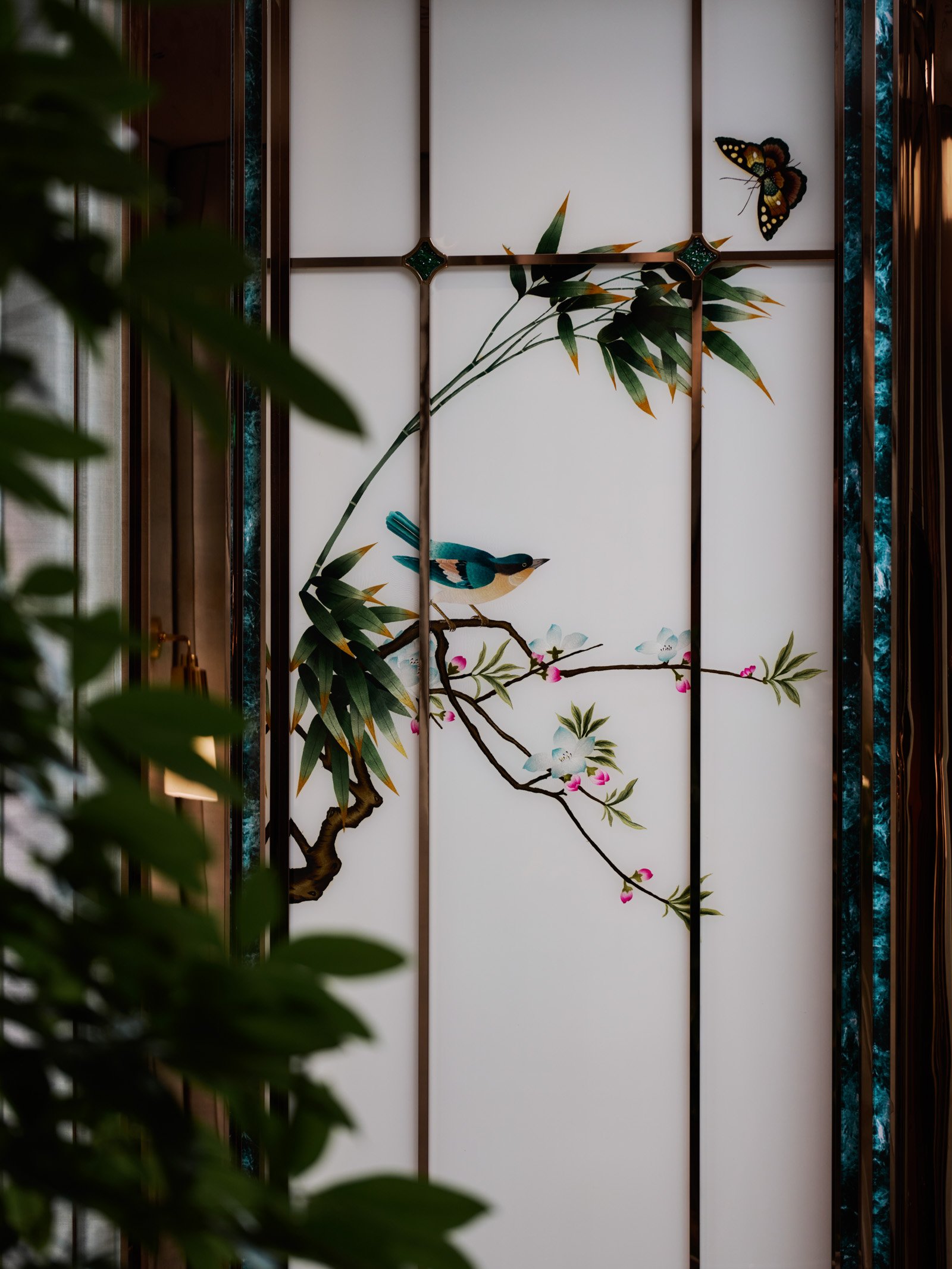
Tanjia Restaurant was created by a local official Tan Zongjun in the late Qing Dynasty . It is a fusion of Cantonese styles using Northern Chinese ingredients particularly dried seafood to create a style and taste like no other. Situated on the seventh floor of Beijing Hotel, the restaurant was renovated by Hong Kong-based luxury design expert, ab concept.
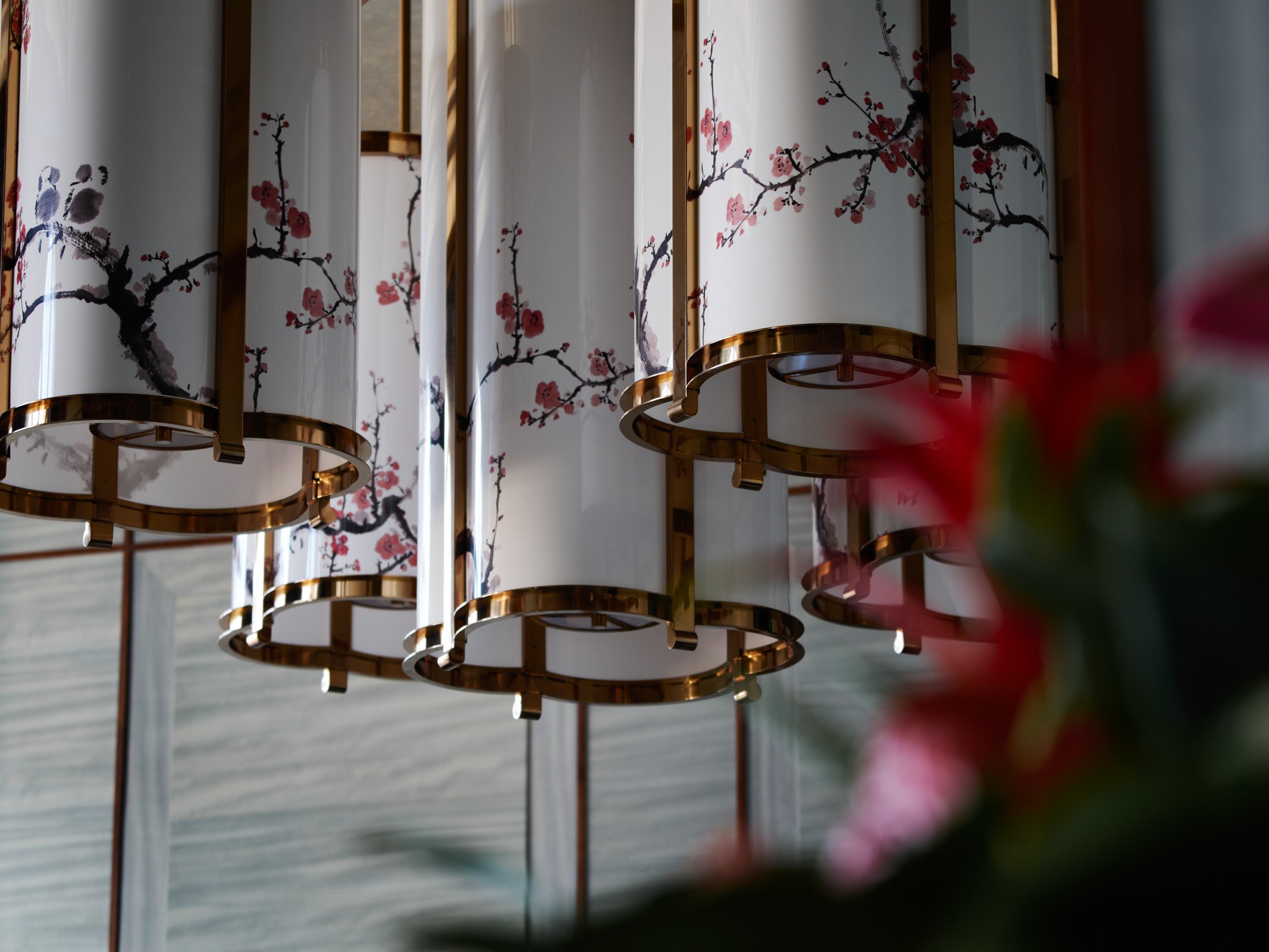
Tanjia Restaurant was created by a local official Tan Zongjun in the late Qing Dynasty . It is a fusion of Cantonese styles using Northern Chinese ingredients particularly dried seafood to create a style and taste like no other. Situated on the seventh floor of Beijing Hotel, the restaurant was renovated by Hong Kong-based luxury design expert, ab concept.
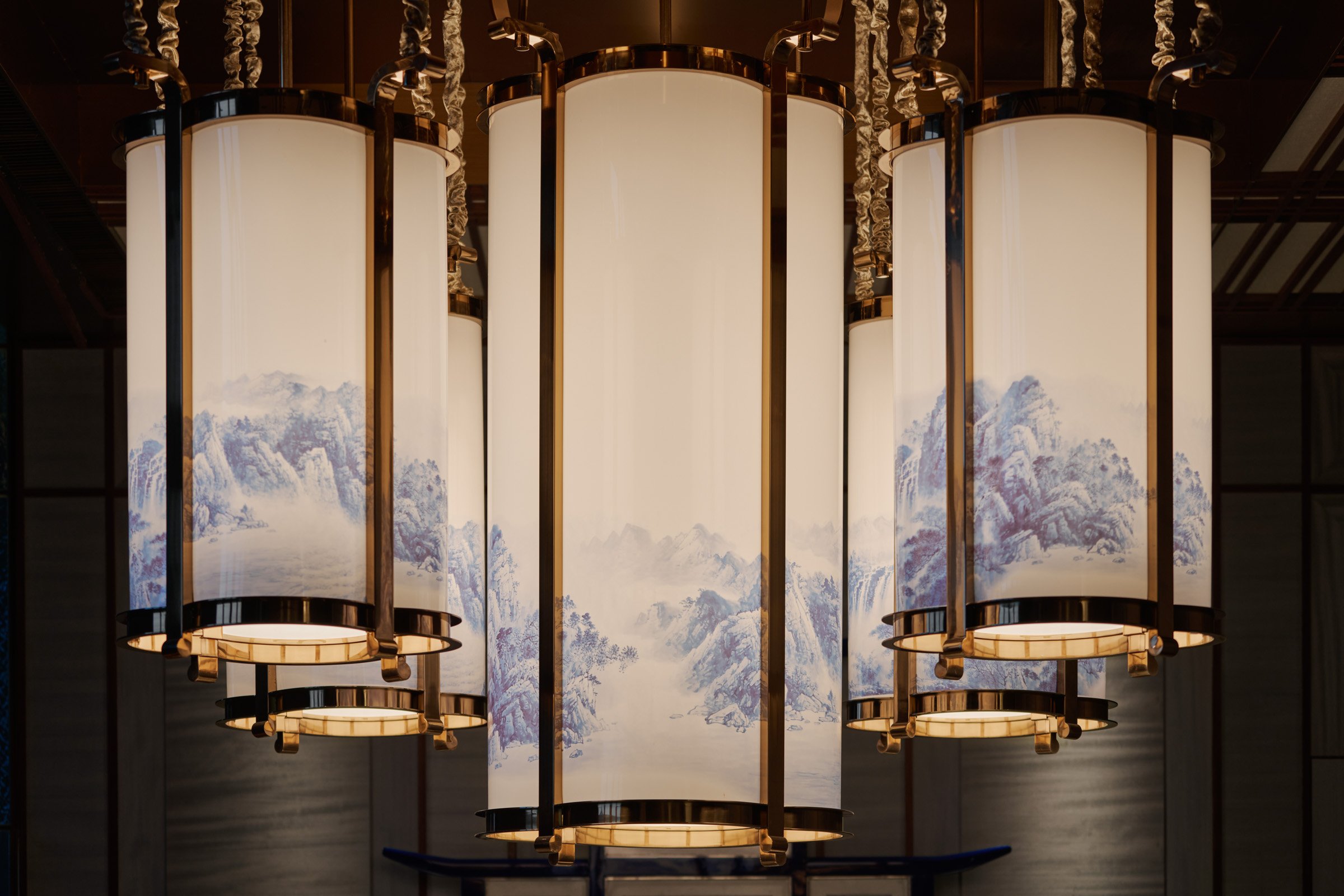
Tanjia Restaurant was created by a local official Tan Zongjun in the late Qing Dynasty . It is a fusion of Cantonese styles using Northern Chinese ingredients particularly dried seafood to create a style and taste like no other. Situated on the seventh floor of Beijing Hotel, the restaurant was renovated by Hong Kong-based luxury design expert, ab concept.














Tanjia Restaurant was created by a local official Tan Zongjun in the late Qing Dynasty . It is a fusion of Cantonese styles using Northern Chinese ingredients particularly dried seafood to create a style and taste like no other. Situated on the seventh floor of Beijing Hotel, the restaurant was renovated by Hong Kong-based luxury design expert, ab concept.
Tanjia Restaurant was created by a local official Tan Zongjun in the late Qing Dynasty . It is a fusion of Cantonese styles using Northern Chinese ingredients particularly dried seafood to create a style and taste like no other. Situated on the seventh floor of Beijing Hotel, the restaurant was renovated by Hong Kong-based luxury design expert, ab concept.
Tanjia Restaurant was created by a local official Tan Zongjun in the late Qing Dynasty . It is a fusion of Cantonese styles using Northern Chinese ingredients particularly dried seafood to create a style and taste like no other. Situated on the seventh floor of Beijing Hotel, the restaurant was renovated by Hong Kong-based luxury design expert, ab concept.
Tanjia Restaurant was created by a local official Tan Zongjun in the late Qing Dynasty . It is a fusion of Cantonese styles using Northern Chinese ingredients particularly dried seafood to create a style and taste like no other. Situated on the seventh floor of Beijing Hotel, the restaurant was renovated by Hong Kong-based luxury design expert, ab concept.
Tanjia Restaurant was created by a local official Tan Zongjun in the late Qing Dynasty . It is a fusion of Cantonese styles using Northern Chinese ingredients particularly dried seafood to create a style and taste like no other. Situated on the seventh floor of Beijing Hotel, the restaurant was renovated by Hong Kong-based luxury design expert, ab concept.
Tanjia Restaurant was created by a local official Tan Zongjun in the late Qing Dynasty . It is a fusion of Cantonese styles using Northern Chinese ingredients particularly dried seafood to create a style and taste like no other. Situated on the seventh floor of Beijing Hotel, the restaurant was renovated by Hong Kong-based luxury design expert, ab concept.
Tanjia Restaurant was created by a local official Tan Zongjun in the late Qing Dynasty . It is a fusion of Cantonese styles using Northern Chinese ingredients particularly dried seafood to create a style and taste like no other. Situated on the seventh floor of Beijing Hotel, the restaurant was renovated by Hong Kong-based luxury design expert, ab concept.
Tanjia Restaurant was created by a local official Tan Zongjun in the late Qing Dynasty . It is a fusion of Cantonese styles using Northern Chinese ingredients particularly dried seafood to create a style and taste like no other. Situated on the seventh floor of Beijing Hotel, the restaurant was renovated by Hong Kong-based luxury design expert, ab concept.
Tanjia Restaurant was created by a local official Tan Zongjun in the late Qing Dynasty . It is a fusion of Cantonese styles using Northern Chinese ingredients particularly dried seafood to create a style and taste like no other. Situated on the seventh floor of Beijing Hotel, the restaurant was renovated by Hong Kong-based luxury design expert, ab concept.
Tanjia Restaurant was created by a local official Tan Zongjun in the late Qing Dynasty . It is a fusion of Cantonese styles using Northern Chinese ingredients particularly dried seafood to create a style and taste like no other. Situated on the seventh floor of Beijing Hotel, the restaurant was renovated by Hong Kong-based luxury design expert, ab concept.
Tanjia Restaurant was created by a local official Tan Zongjun in the late Qing Dynasty . It is a fusion of Cantonese styles using Northern Chinese ingredients particularly dried seafood to create a style and taste like no other. Situated on the seventh floor of Beijing Hotel, the restaurant was renovated by Hong Kong-based luxury design expert, ab concept.
Tanjia Restaurant was created by a local official Tan Zongjun in the late Qing Dynasty . It is a fusion of Cantonese styles using Northern Chinese ingredients particularly dried seafood to create a style and taste like no other. Situated on the seventh floor of Beijing Hotel, the restaurant was renovated by Hong Kong-based luxury design expert, ab concept.
Tanjia Restaurant was created by a local official Tan Zongjun in the late Qing Dynasty . It is a fusion of Cantonese styles using Northern Chinese ingredients particularly dried seafood to create a style and taste like no other. Situated on the seventh floor of Beijing Hotel, the restaurant was renovated by Hong Kong-based luxury design expert, ab concept.
Tanjia Restaurant was created by a local official Tan Zongjun in the late Qing Dynasty . It is a fusion of Cantonese styles using Northern Chinese ingredients particularly dried seafood to create a style and taste like no other. Situated on the seventh floor of Beijing Hotel, the restaurant was renovated by Hong Kong-based luxury design expert, ab concept.
